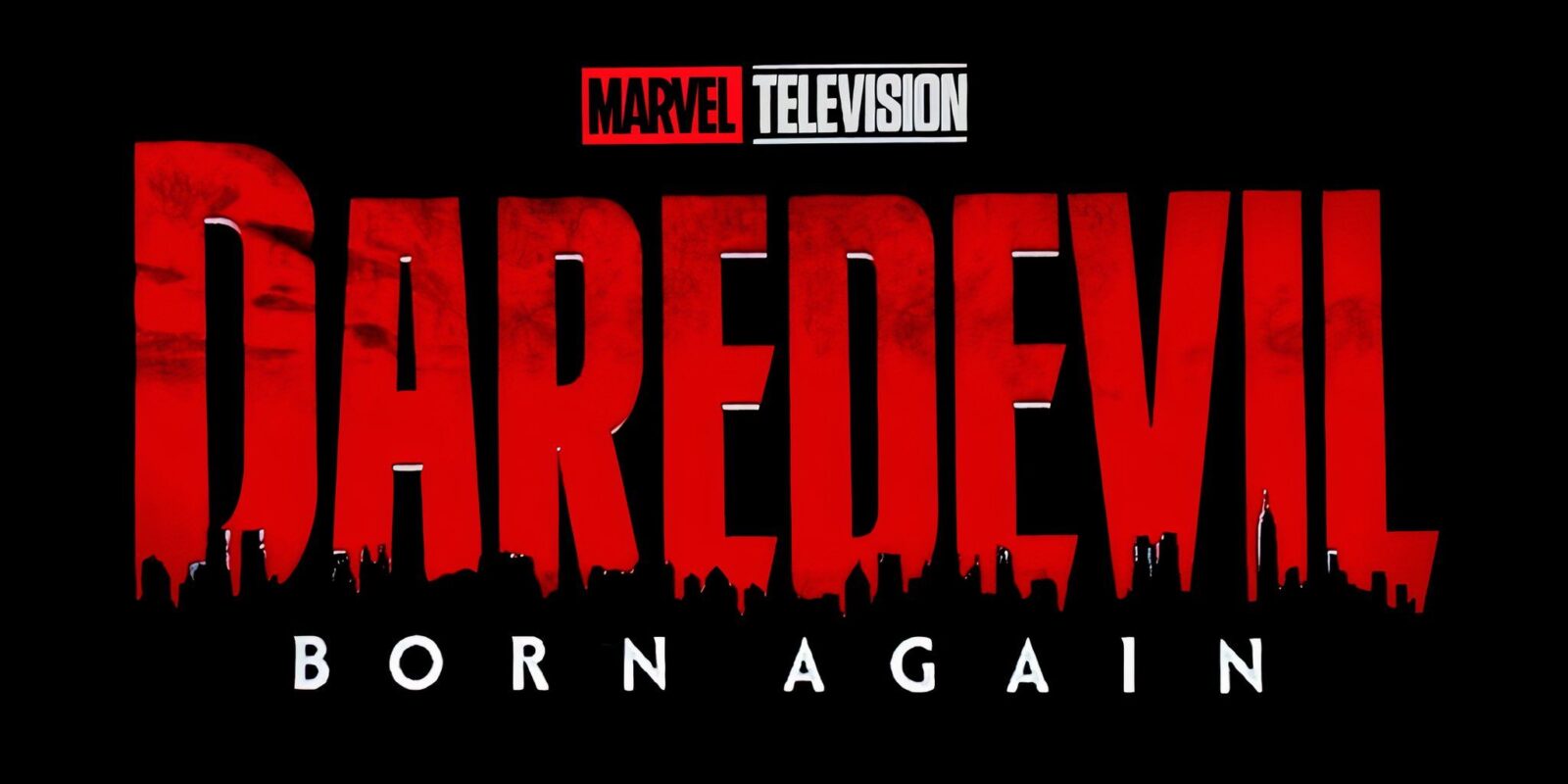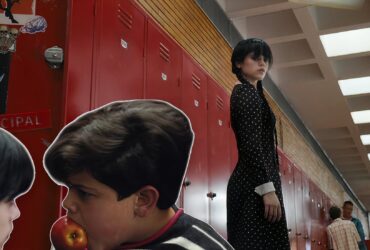Key Takeaways
- Daredevil: Born Again will feature a 5-year time jump from the original series, helping continuity.
- Wilson Bethel disclosed the time jump details for the upcoming Daredevil reboot at Fan Expo San Francisco.
- The time jump allows for character evolution, new dynamics, and an explanation of the actors’ aging.
The new Daredevil reboot will not pick up where the Netflix series ended. One of the Daredevil: Born Again stars shared a concrete detail about the timejump.
The original Daredevil series aired on Netflix from 2015 to 2019 and lasted for a total of three seasons. There were plans to renew the series for a fourth season, but the streaming giant canceled it along with the other Marvel series like Jessica Jones, Luke Cage and Iron Fist because Disney regained the licenses for the Marvel shows. Charlie Cox and Vincent D’ Onofrio are set to return and reprise their roles as Matt Murdock and Wilson Fisk, respectively, in Daredevil: Born Again. One of their co-stars shared more details about the upcoming series’ timeline.

Related
Daredevil Actor Had Fans Thinking They Were Returning In Deadpool 3
A Daredevil star had fans thinking they were a part of the Deadpool 3 cast, but was that their intention, or was it all a misunderstanding?
Wilson Bethel, who portrayed Bullseye in the original series, is among the familiar faces who will appear in the reboot and reunite with Cox and Fisk. He recently appeared at Fan Expo San Francisco, where he discussed some juicy details about Daredevil: Born Again. The original series ended in 2019, and Bethel said that the production took that into consideration, so the audience would witness a five-year time jump. “So there’s kind of like this funny thing stepping back after five years where Born Again will pick up with that amount of time having transpired. The show doesn’t pick up the day after we last saw it. It picks up five years later,” Bethel said, per Collider.
He added that hypothetically, the characters have lived five years, and what they are going through may or may not be shown on screen, but the time jump adds a “little extra bit of life in there.” As a professional actor, Bethel is on board with this strategy. “As an actor, it gives you an opportunity to bring whatever your own journey has been in that time and they get sort of a little longer in the tooth,” he said. Bethel said earlier in the conversation that among the interesting things in being in a show that ran for several years and where the characters age together was that the audience would witness the characters’ evolution. If the storyline is well-written, the writers would respond to that “reality transpiring” because they could not hide the actors’ wrinkles and graying hair. “In theory, the character is evolving in a way, whether or not the show was on air,” he added.
Bethel talking about time jump is not surprising and it makes sense. It’s been over five years since fans witnessed the last episode of Daredevil and they’ve been waiting for half a decade to see the same cast members portray the same roles. Of course, the cast members have aged, so giving the show a five-year time jump is reasonable. It aligns with the real world, especially since the actors may not look the same, and the time jump will help explain the gap and avoid inconsistencies in the storyline. Also, a time jump will open doors for new dynamics and a fresh start. It’s also a great way to welcome new faces. Overall, it’s practical for Daredevil: Born Again to incorporate a five-year time jump in the show instead of forcing the series to pick up where it left off five years ago, as things are very different nowadays. Aside from the time jump, the show is reportedly “one of the most violent things” from the MCU.
Daredevil: Born Again premieres on Disney Plus on March 4, 2025.

More
Daredevil Actor Charlie Cox Calls One Of His Marvel Co-Stars ‘Delusional’
Daredevil actor Charlie Cox called one of his co-stars “delusional” for having a different opinion on something they were eventually right about.
Source: Collider











Leave a Reply